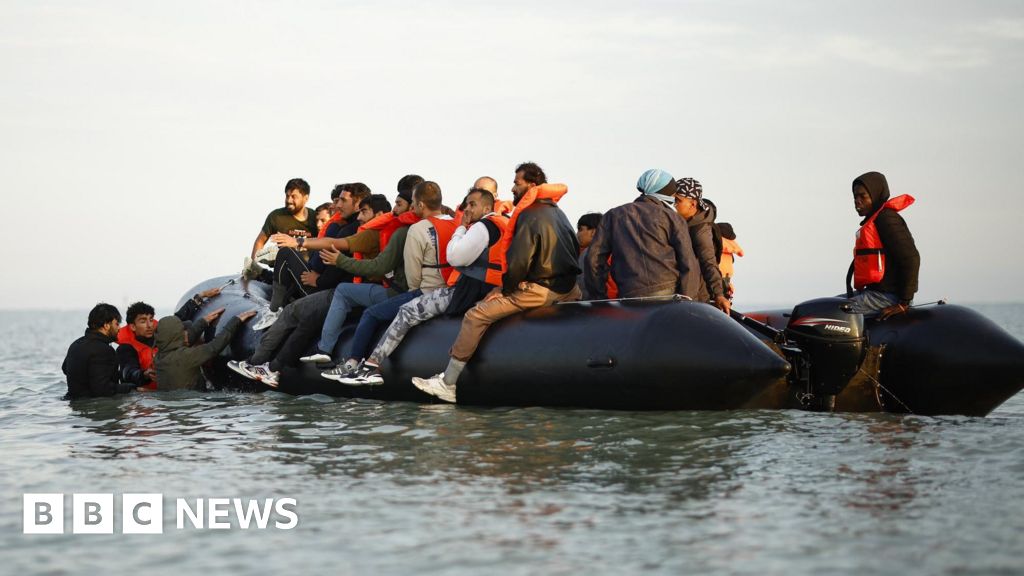New Sanctions Target People-Smuggling Gangs for First Time
The issue of people-smuggling has become increasingly pressing, drawing attention from governments and law enforcement agencies worldwide. Recently, new sanctions have been introduced to combat the activities of people-smuggling gangs, representing a significant step in the global fight against human trafficking and illegal immigration.
The Rise of People-Smuggling Gangs
People-smuggling gangs have exploited vulnerable individuals seeking better opportunities, often leading them into dangerous situations. These gangs operate across borders, taking advantage of lax immigration enforcement measures and the desperation of migrants. The introduction of sanctions aims to disrupt their operations and hold them accountable for their actions.
Key factors contributing to the rise of people-smuggling include:
Governments are now recognizing the urgent need for a coordinated response to address these challenges.
Impact of New Sanctions
The newly imposed sanctions target individuals and entities involved in organizing and facilitating illegal transportation of migrants. The goal is to disrupt the financial networks that sustain these operations. By hindering the ability of these gangs to operate, authorities hope to reduce the number of individuals who fall victim to their schemes.
Key objectives of the sanctions include:
This approach aligns with broader immigration reform efforts aimed at creating a more secure environment for legal immigration. It emphasizes the need for comprehensive solutions that address both the root causes of migration and the actions of those who exploit vulnerable populations.
Collaboration Among Nations
The fight against people-smuggling is not a challenge any single nation can tackle alone. International cooperation is crucial in sharing intelligence, resources, and best practices to combat these networks effectively. Countries are increasingly collaborating through information-sharing agreements and joint operations.
Collaborative efforts in combating people-smuggling include:
Such partnerships are vital for creating a unified front against criminal organizations that profit from human suffering.
Challenges Ahead
While the introduction of sanctions is a positive step, several challenges remain in the fight against people-smuggling. One of the primary hurdles is the persistent demand for illegal immigration, which continues to fuel the activities of smuggling gangs.
Challenges include:
Without a multi-faceted approach, sanctions alone cannot fully eradicate the issue of people-smuggling.
Conclusion
The new sanctions targeting people-smuggling gangs represent a crucial development in the ongoing fight against human trafficking and illegal immigration. By holding those responsible accountable, governments aim to disrupt the networks that exploit vulnerable individuals. However, tackling this complex issue requires a comprehensive strategy that addresses both supply and demand while fostering international cooperation.
As the landscape of immigration continues to evolve, it is imperative that policymakers remain vigilant in adapting their strategies to effectively combat the challenges posed by people-smuggling. Continued emphasis on the humanitarian aspects of immigration reform will be essential to ensure that the dignity and safety of migrants are upheld in the face of exploitation.










